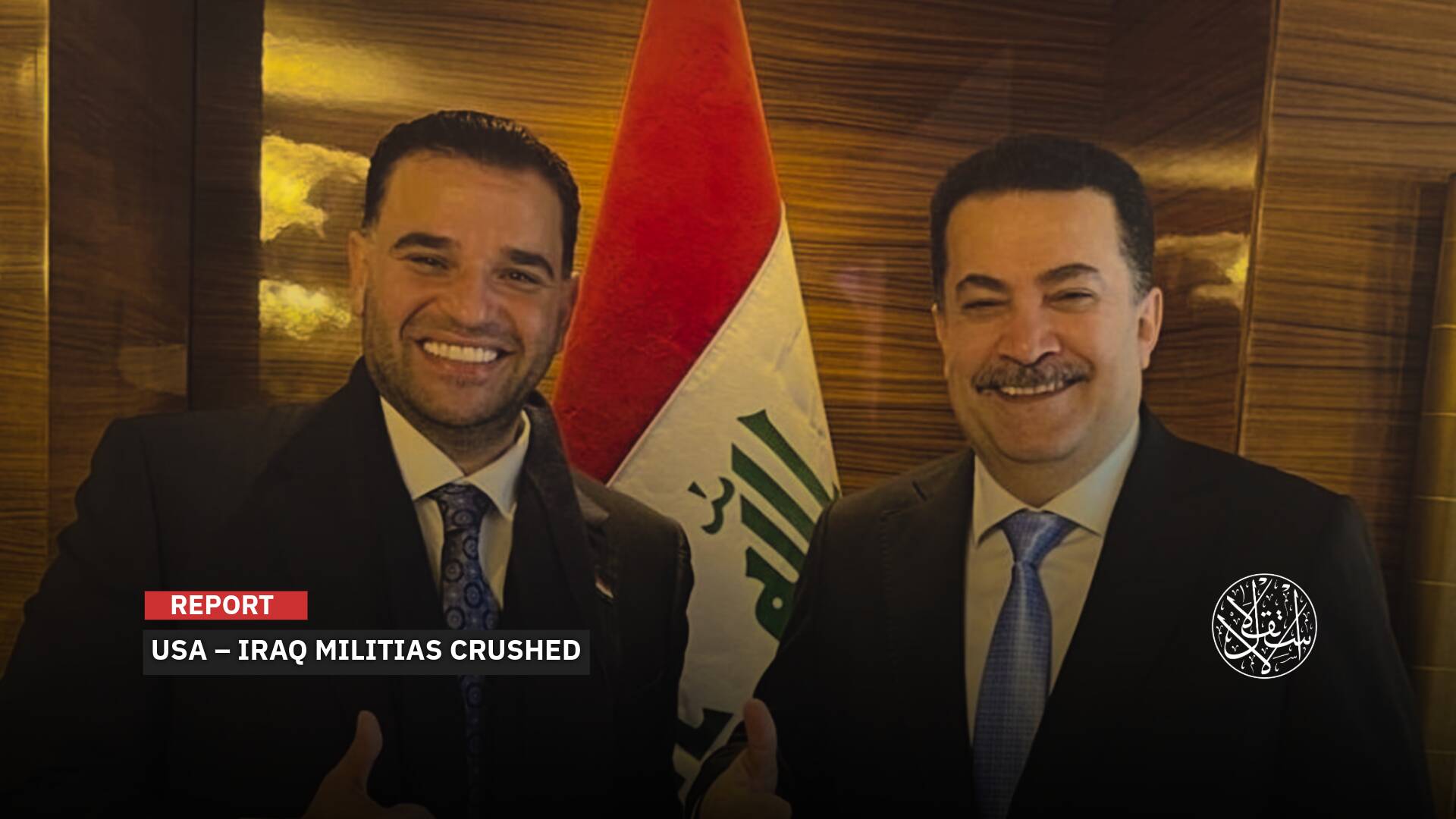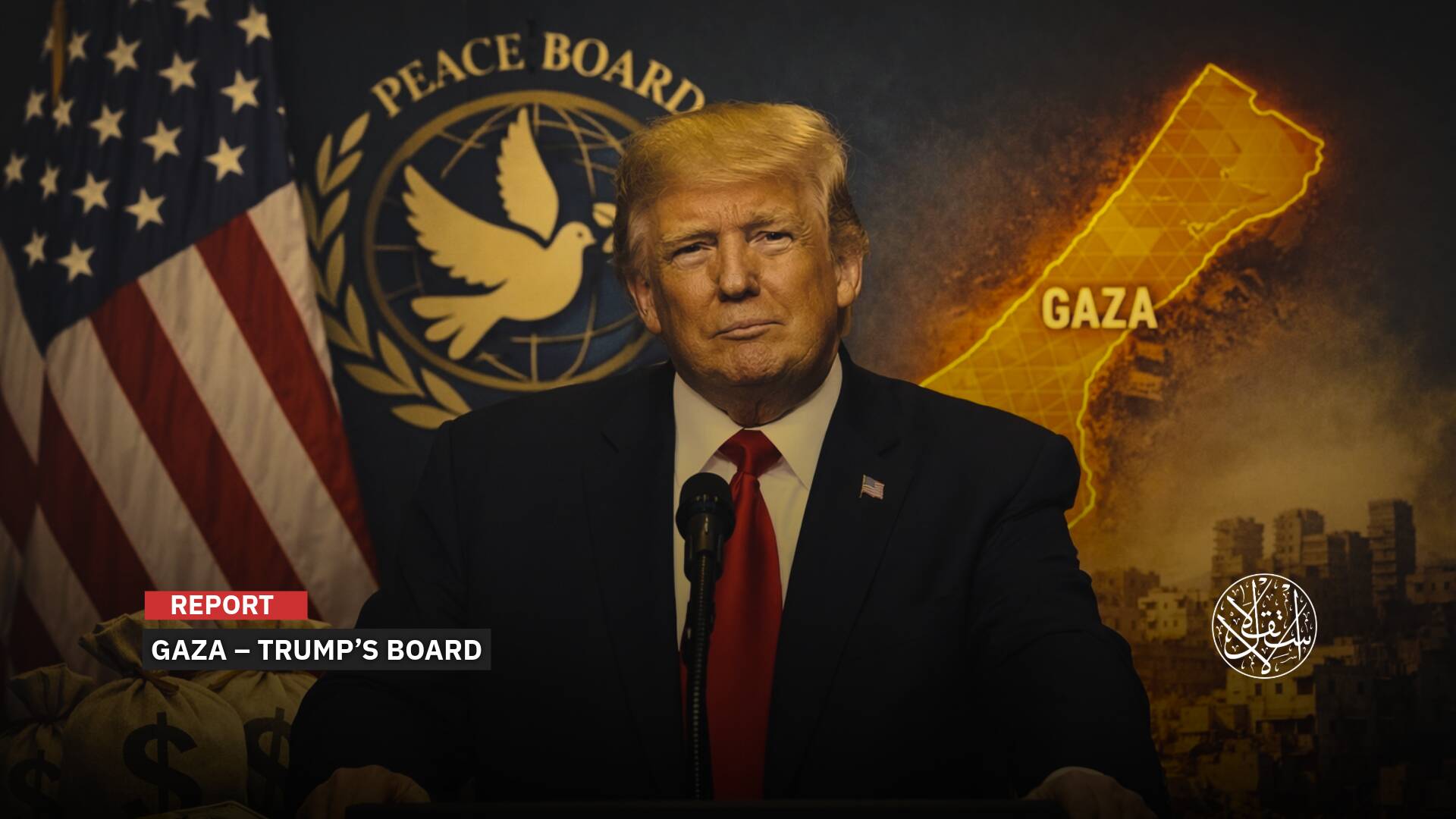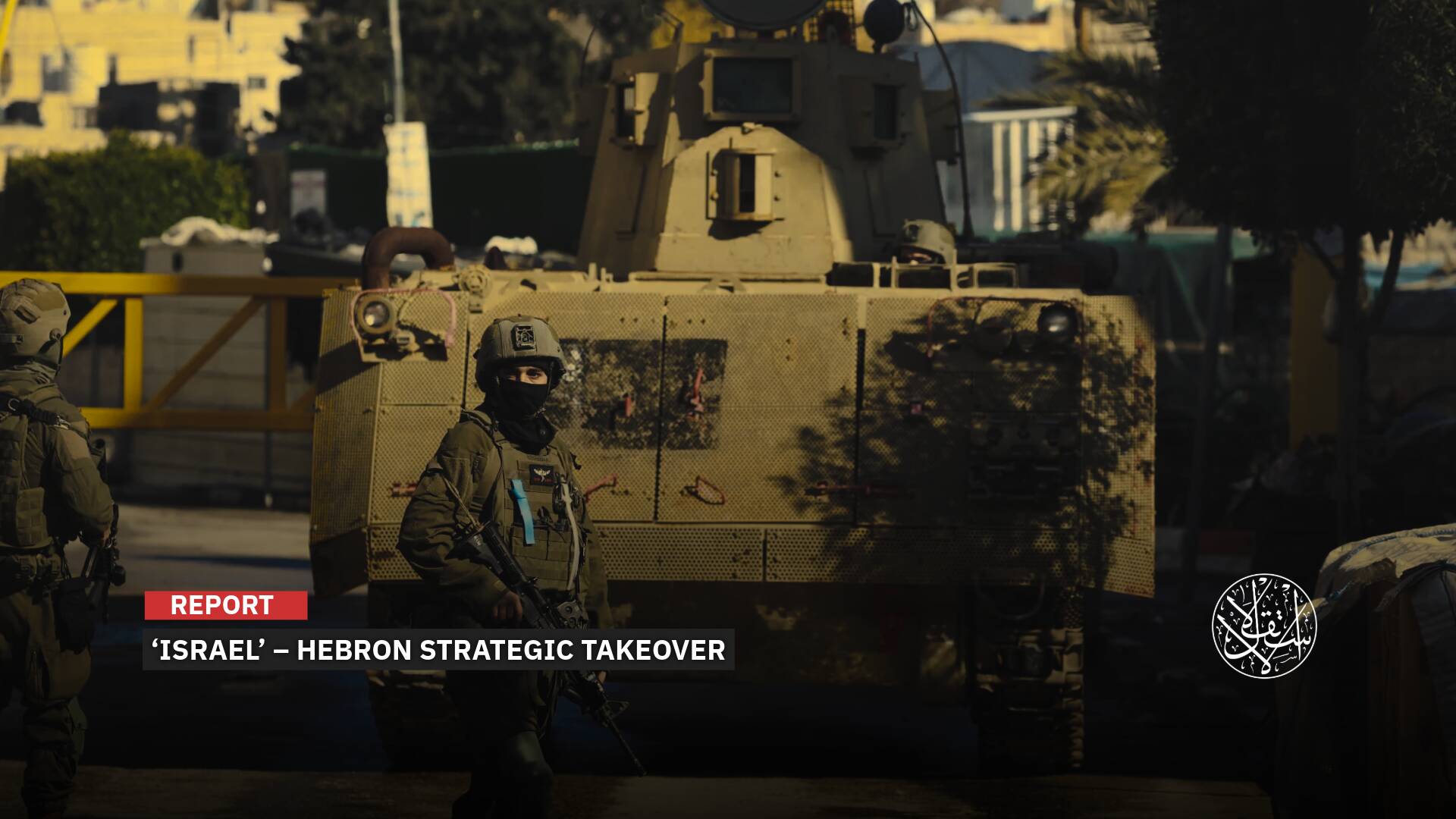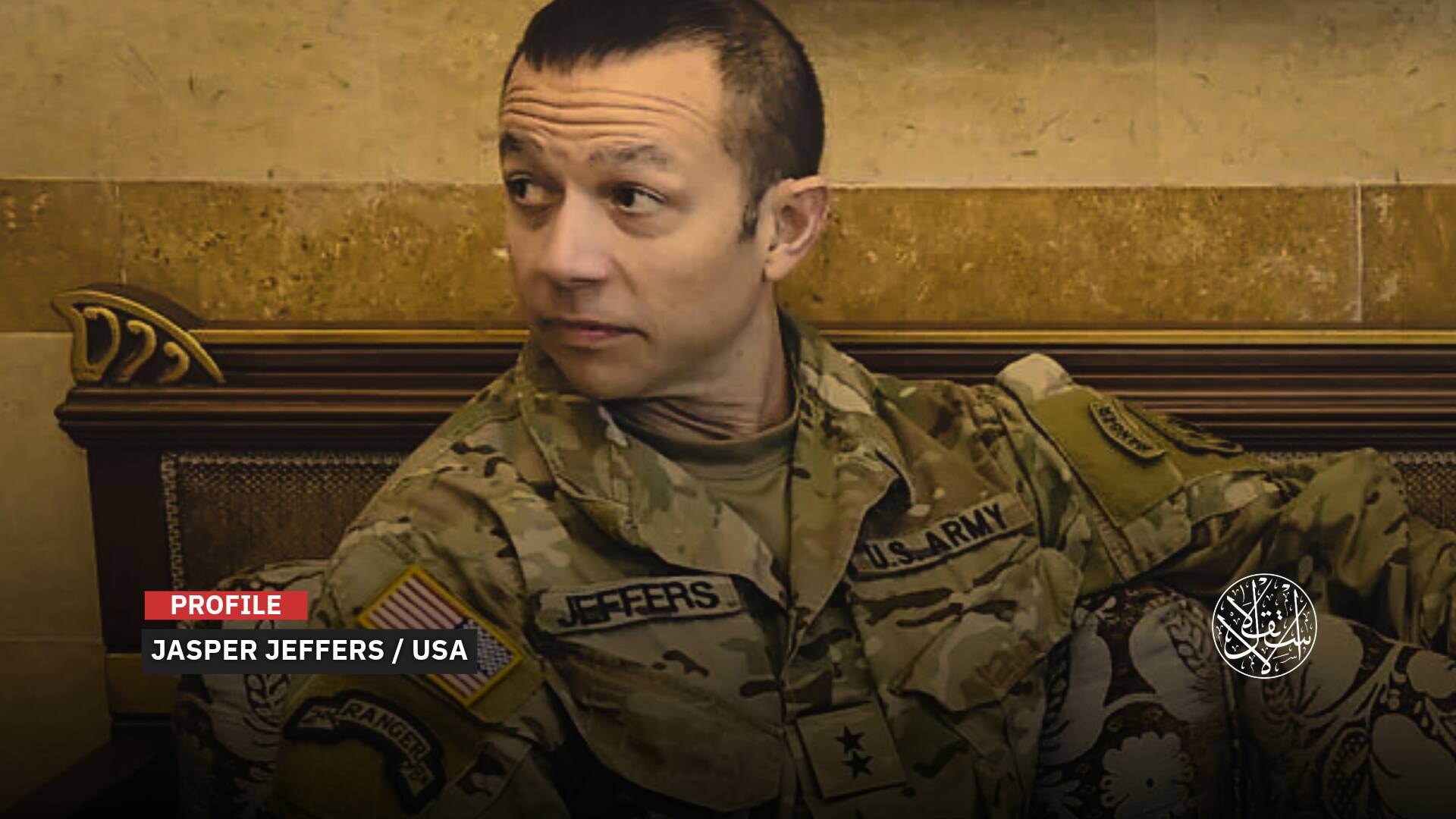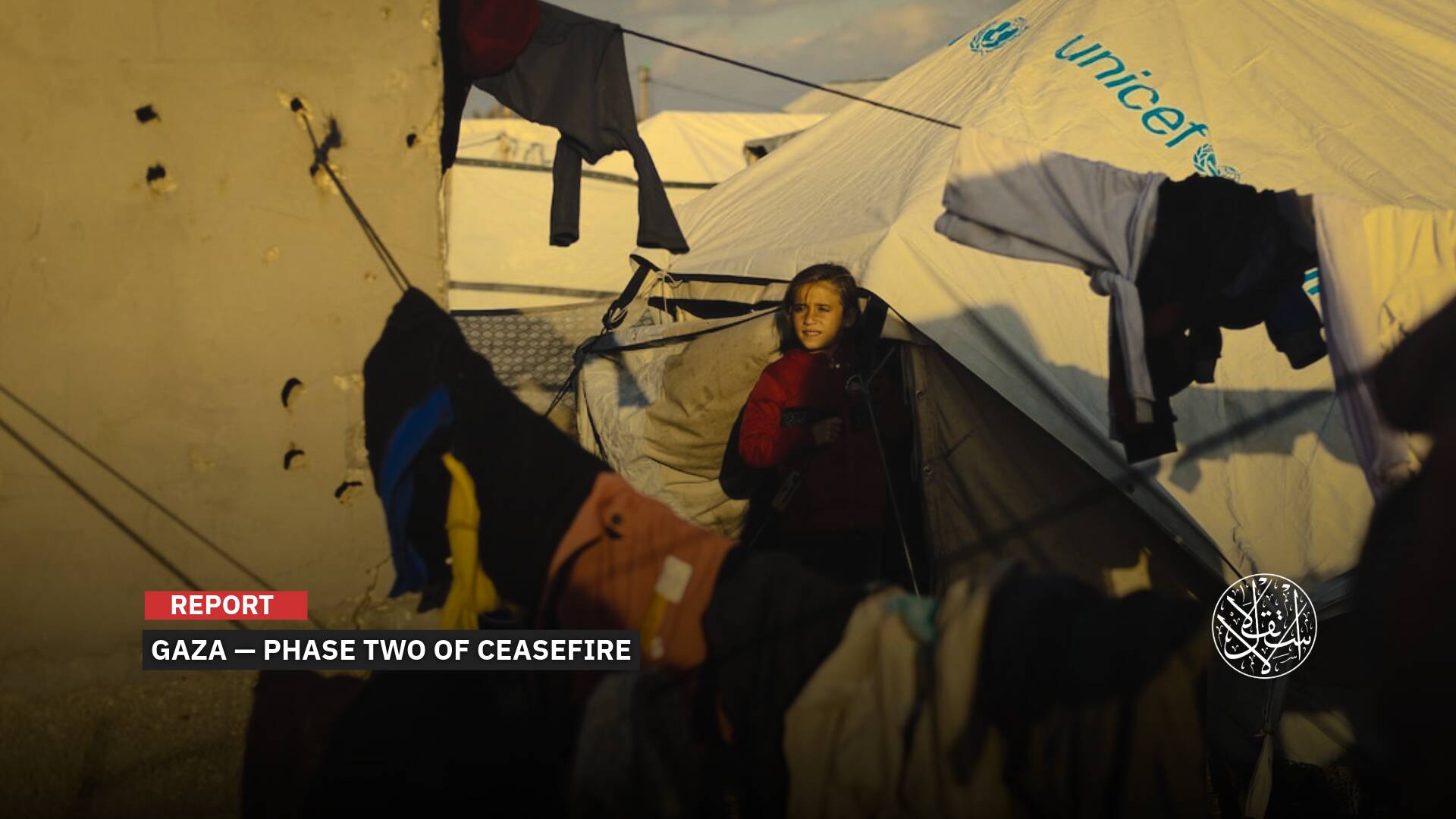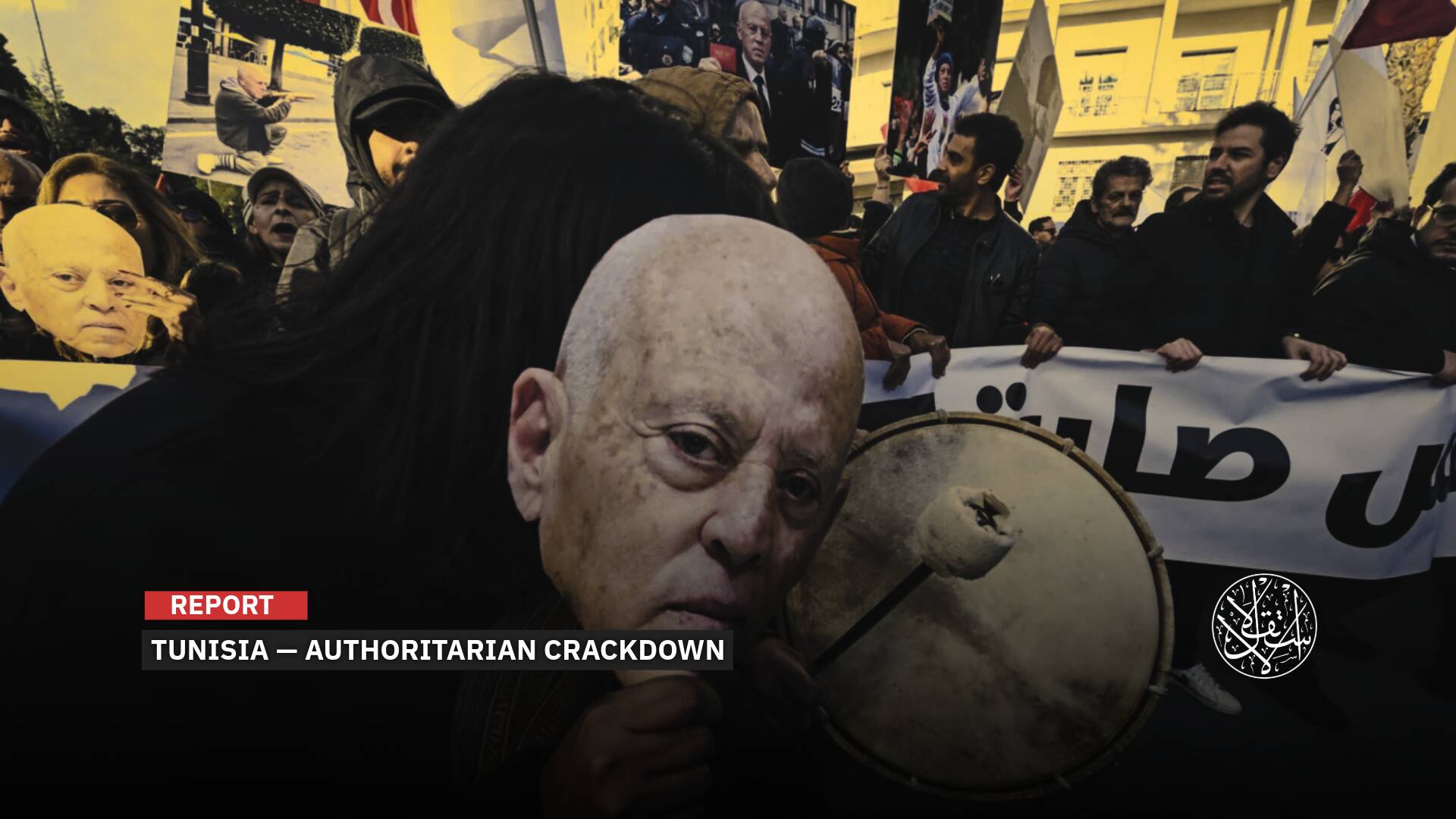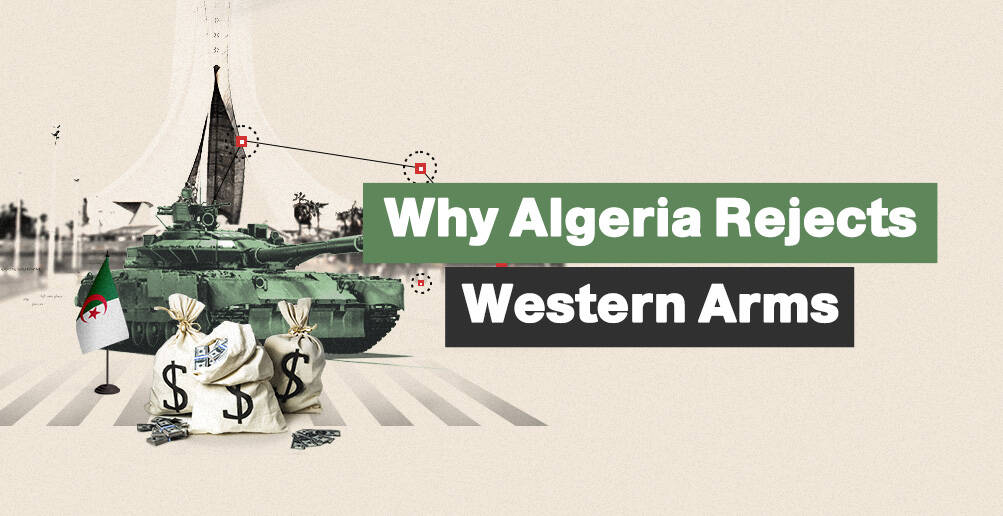Will the Arctic Become a New Battlefield Between Russia and NATO?
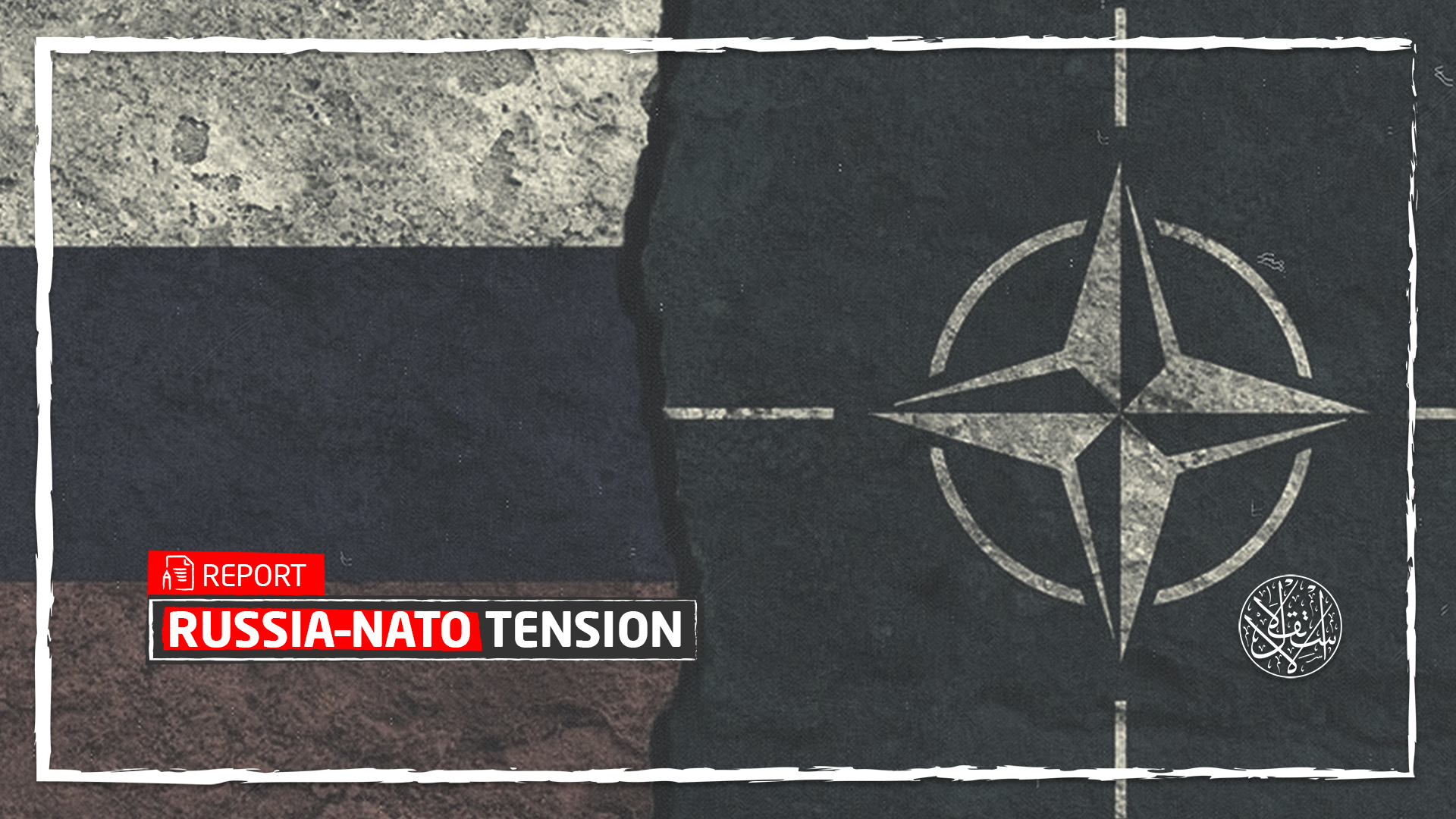
Little by little, the scope of the confrontation between Russia and the North Atlantic Treaty Organization (NATO) is expanding to reach the various spheres of influence and lines of contact between them in the world, even those remote and dormant, as is the case in the Arctic region, which does not seem to be immune from the fires of the Ukraine war.
The resource-rich Arctic region is also a point of contact between Russia, a number of NATO members, and two of the alliance's most important friends, Finland and Sweden, which are now openly expressing their desire to join NATO, according to sources quoted by The Times a few days ago.
On the other hand, the new Russian threats to resort to a policy of nuclear deterrence have raised the world's fears that Moscow might take a reckless step that seemed likely over the past weeks.
New Battlefield
At a time when tension is escalating between Russia and NATO against the backdrop of the Ukrainian-Russian war and the request of Sweden and Finland to join the alliance, Moscow is increasingly concerned about the latter's involvement of non-Arctic members in its military activities near Russia's borders.
As a result, Russia has warned of the risks of an unintended clash between Russia and NATO in the Arctic and the impact on the European security system.
In turn, the Ambassador for Special Missions in the Russian Foreign Ministry, Nikolay Korchunov, who chairs the Committee of Senior Officials of the Arctic Council, expressed in a statement to the Russian TASS Agency on April 17, 2022, Moscow's concern about NATO's involvement of its members from outside the Arctic region in its military activities there.
“Another large-scale military exercise has recently taken place in northern Norway, which may lead to an increased risk of unintended accidents that would cause significant damage to the Arctic ecosystem, in addition to the security risks it brings,” he added.
The Russian official explained that “if Sweden and Finland join NATO, this will harm security in the Arctic,” noting that “the long-term commitment of Stockholm and Helsinki during the past decades to the policy of non-alignment of military alliances was an important factor in stability and security in the northern European region and on the European continent as a whole.”
Last March, Finland, and Sweden, both of which are considering joining the US-led Western military alliance, held joint military exercises with the alliance, as those exercises had been scheduled for a long time, but Russia's invasion of Ukraine on February 24 made them more important.
‘The Cold Response 2022 exercise’ is considered the largest exercise by NATO in the region in the last thirty years. About 30,000 soldiers from 27 countries, including NATO partners Finland and Sweden, participated in it, in addition to about 220 aircraft and more than 50 warships. The stated goal was that NATO wants to make its soldiers more solid in fighting in the bitter cold on land, sea, and air, including in the Arctic.
Russia's conflict against its counterparts in the Arctic was not a product of the moment, but rather has become a backyard for global conflicts, NATO Secretary-General Jens Stoltenberg has said that NATO cannot allow a security vacuum to occur in the Arctic.
“The lack of the alliance's presence in the Arctic fuels Russian ambitions, exposes NATO, and leads to miscalculation and misunderstanding,” he considered.
It is noteworthy that the Arctic Council is an intergovernmental organization of the Arctic countries, namely Denmark, Greenland, the Faroe Islands, Iceland, Canada, Norway, the United States, Finland, Sweden, and Russia. In 2021, when the Council celebrated its 25th anniversary, its presidency passed to Russia for two years.
Over the past weeks, all countries of the Arctic Council except for Russia issued a written statement refusing to participate in any Council meetings chaired by Russia or on Russian soil due to the Ukraine war.
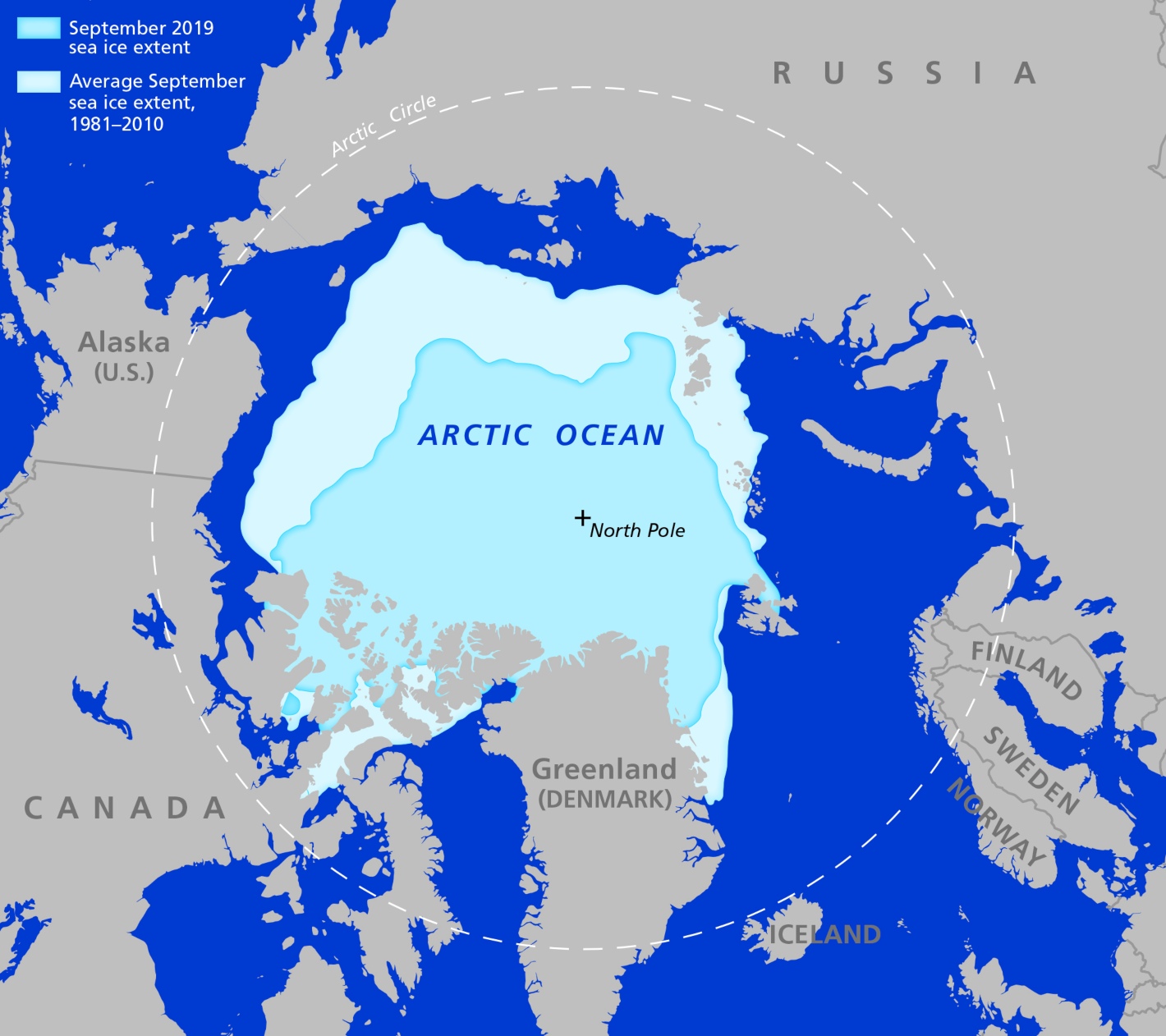
Finland and Sweden
In a complete reversal of positions, Finland - whose border with Russia is about 1,300 kilometers - is preparing to apply for NATO membership in the coming weeks, while Sweden is considering whether to follow suit, according to what was reported by The Times, on April 13, citing sources.
Finnish Prime Minister Sanna Marin said in early April: “Joining NATO and not joining are two choices that have consequences. We need to assess the short-term and long-term effects. At the same time, we must bear in mind our goal of ensuring the security of Finland and Finns in all situations.”
Last March, Swedish Prime Minister Magdalena Andersson announced that she would not rule out that her country would submit an application to join NATO, in a fundamental change in her position, which was rejecting Stockholm's joining any military alliance.
The rapid swing of public opinion in the two countries in favor of joining the alliance could prompt politicians in Helsinki and Stockholm to make hasty decisions, despite warnings of a possible escalation and catastrophic consequences.
It is noteworthy that the war in Ukraine caused a huge increase in Sweden in the proportion of supporters of joining NATO, as opinion polls published in early March showed that nearly 50% of voters now support this accession, compared to 25-30% of those who reject this accession.
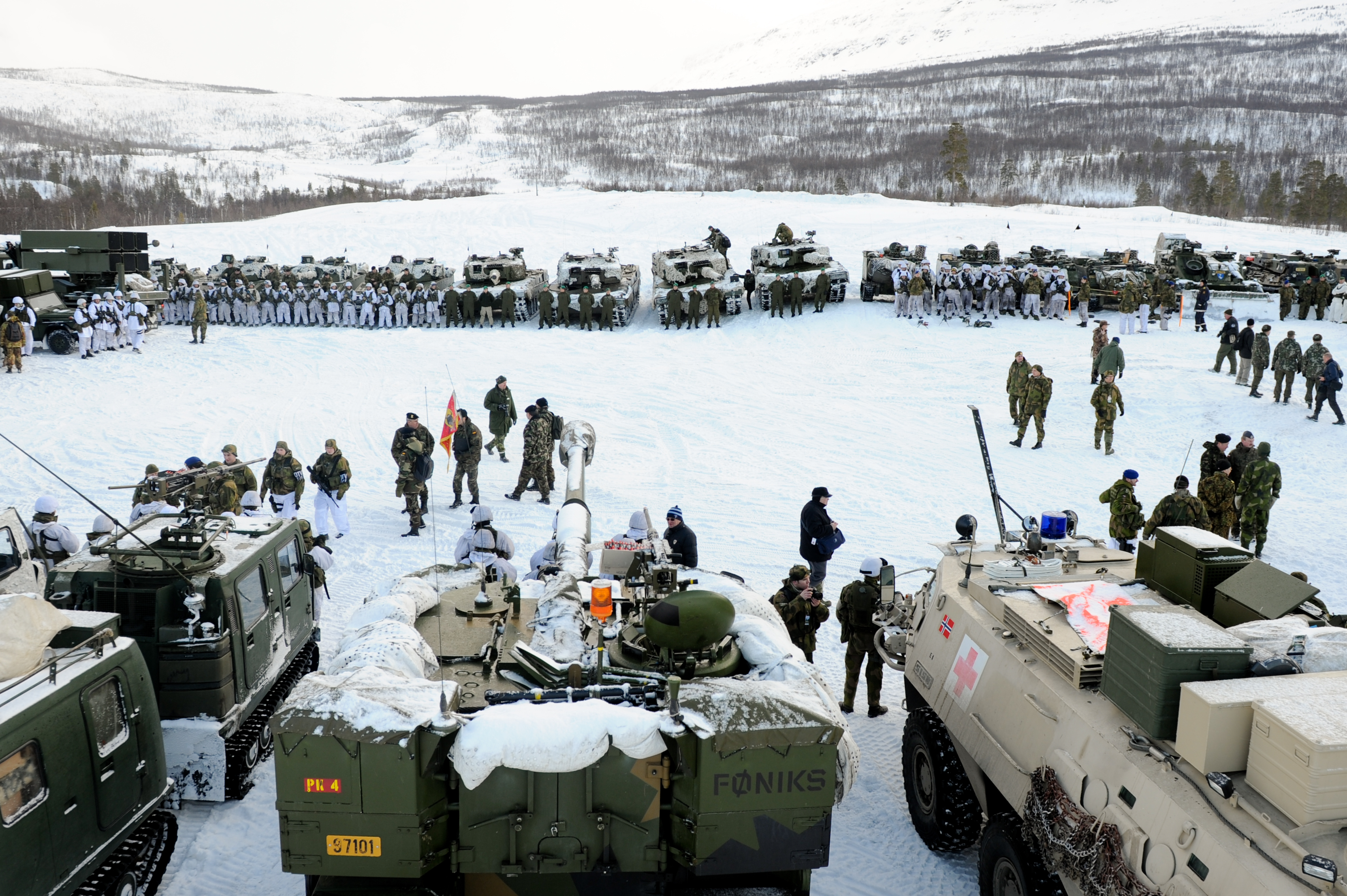
In turn, Deputy Chairman of the Russian Security Council, Dmitry Medvedev, warned that Russia would deploy nuclear weapons near the Baltic and Scandinavian countries if Finland and Sweden decided to join the alliance.
He considered that “this will more than double the length of Russia’s land borders with NATO countries,” adding: “In this case, it will not be possible to talk from now on about a non-nuclear situation in the Baltic's. The balance must be re-established,” noting that “Russia would have the right to deploy nuclear weapons in the region.”
After Russia threatened to take measures in the Baltic Sea, Latvia's Foreign Minister Edgars Rinkevich confirmed that his country would support the decision of Finland and Sweden if they decided to join NATO, and would welcome them to the alliance.
He also added, “This decision is sovereign and up to these two countries in particular and to NATO, and Russia has no right to object to it,” accusing Moscow of pursuing what he described as a decades-old policy of threatening neighbors.
In turn, Lithuania’s President Gitanas Nauseda stressed that “Russia is not the one who takes the decision on NATO expansion,” adding that “Sweden and Finland's accession to the alliance means a stronger region and alliance.”
Lithuanian Defense Minister Arvydas Anusauskas also revealed that “Russia possesses a stockpile of nuclear weapons in the Kaliningrad region on the Baltic Sea, located 100 kilometers from the southern border of Lithuania.”
The Baltic states (Estonia, Latvia, and Lithuania), which were formerly part of the Soviet Union and one of the last countries to join NATO after its expansion in 2004, fear that Moscow will respond to the move of the two countries to the possibility of joining the alliance on the territory of one of those two countries or a new country, in a scenario similar to the scenario Ukrainian.
It is noteworthy that the Ukrainian war formed a watershed in NATO-Russia relations, in light of Russia’s fear of NATO’s expansion in its eastern borders, and the alliance’s avoidance of a direct confrontation with Moscow, which was evident through the military aid provided by the alliance to Ukraine, which did not include fighter aircraft.
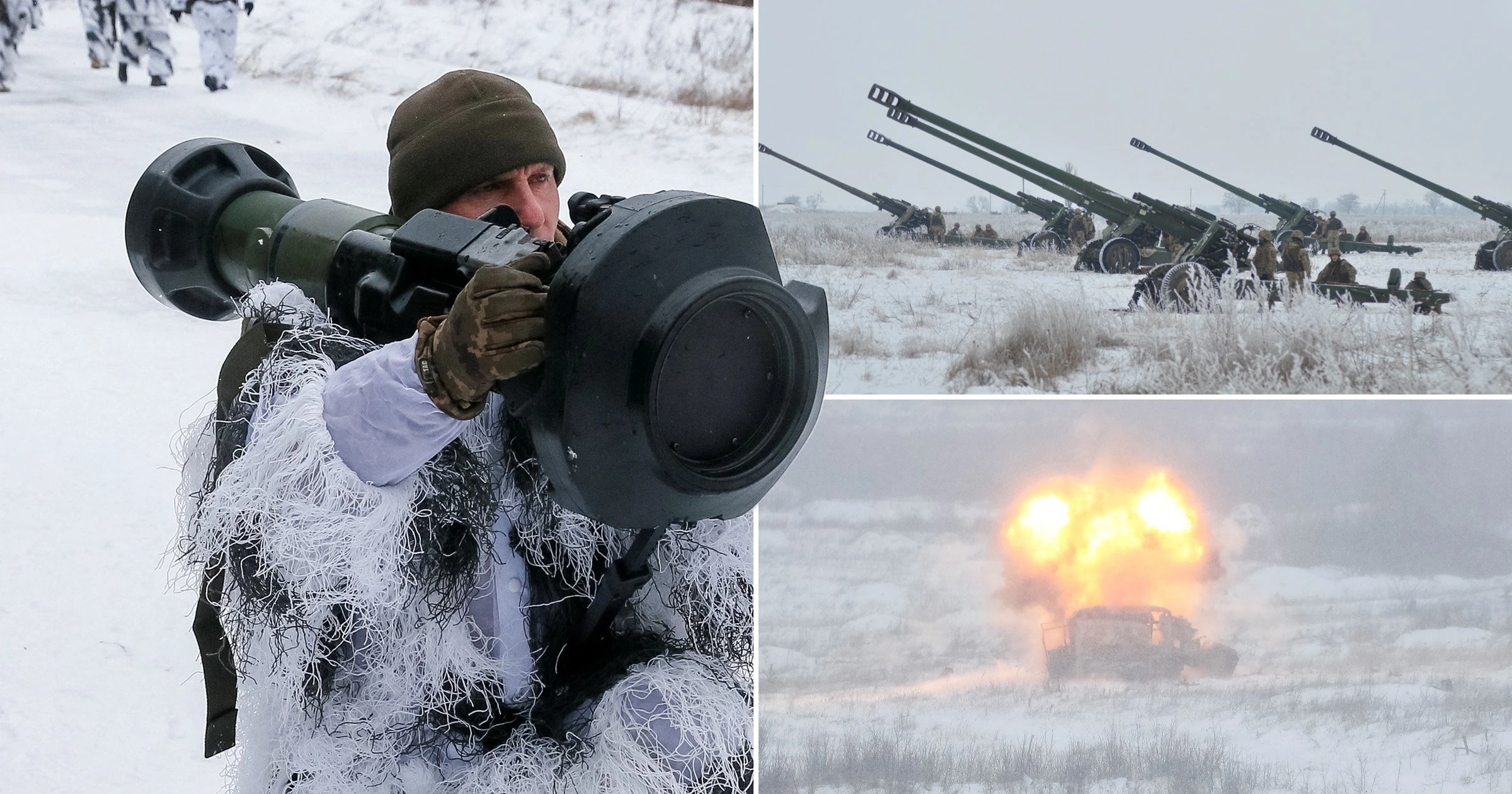
Geopolitical Importance
According to a report released in late 2021 by Reclaim Finance, a non-governmental organization, there are currently 599 oil and gas fields in production, under appraisal, field development, or in the discovery phase within the Arctic region.
Gazprom, the largest Russian energy company, has 74% of its reserves in the Arctic and ranks first in the list of companies in the Arctic, which also includes many American, French, British and Norwegian companies.
According to a US Geological Survey report, a fifth of the world's undiscovered oil and natural gas lie under the Arctic ice sheet, along with significant reserves of diamonds, gold, platinum, nickel, and lead.
The report added, “there are up to 90 billion barrels of oil in that region, which is the amount that the American needs for 12 years, and is almost equal to the UAE's oil reserves.”
The Arctic also has, according to the American report, more than fifty trillion cubic meters of natural gas, which has led to the growing interest of the great powers in the Arctic, despite international treaties that stipulate that no one owns this pole. However, each country extends its borders to claim new lands in the hope of benefiting from the wealth of the Arctic, which has a population of two million people.
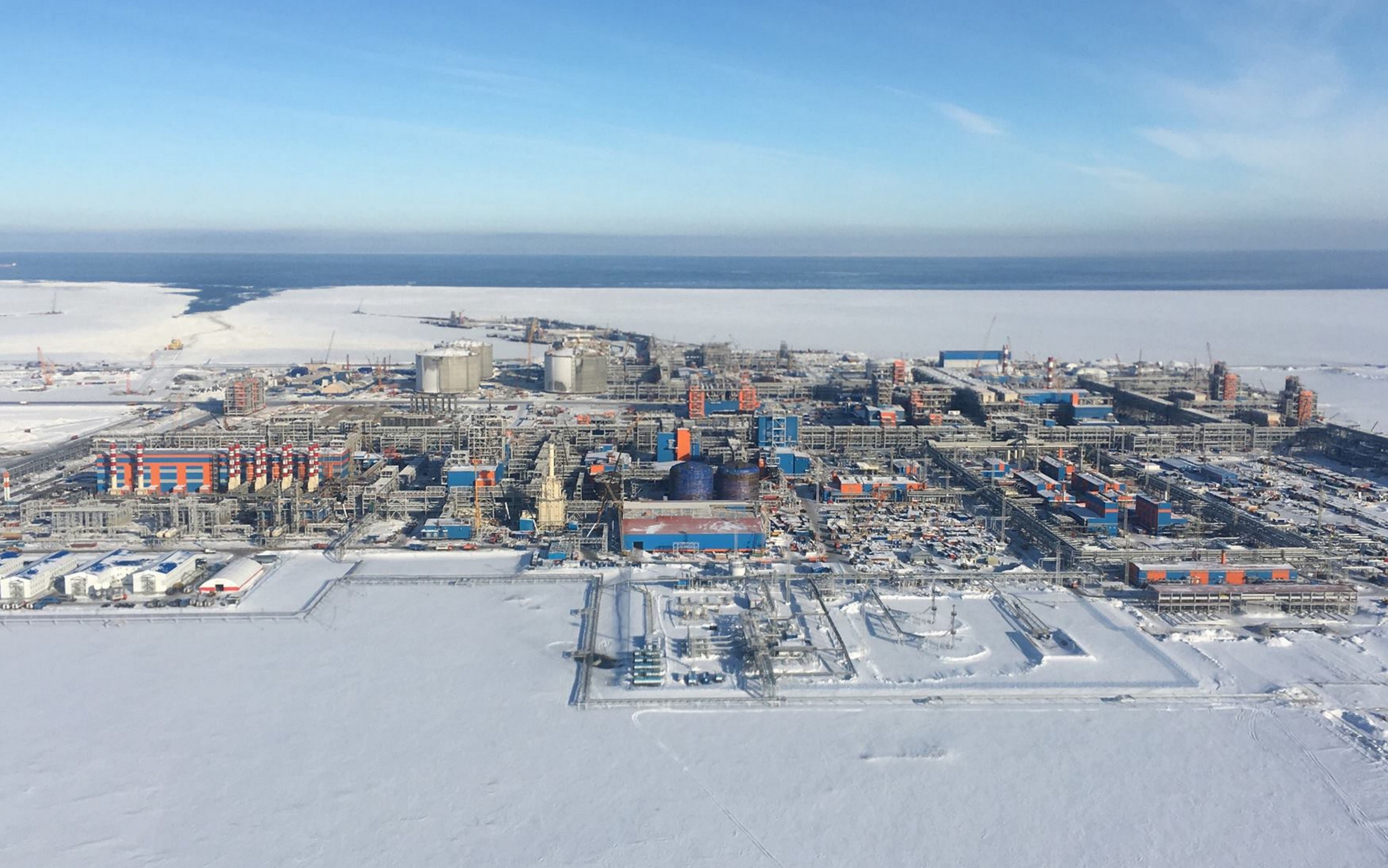
In turn, the researcher in international relations Mahmoud Alloush stressed in a statement to Al-Estiklal that “there is Russian concern about the increase in Western military activity in the Arctic, because of the importance of the Arctic in terms of energy resources, minerals and fish reserves, and the shorter shipping routes between Asia and Europe.”
“The Arctic could be home to the largest undiscovered oil and gas reserves on Earth, storing billions of barrels of untapped energy resources, all while fuel shortages caused by sanctions against Russia,” he continued.
“International interest in the wealth of the Arctic is likely to increase in the coming period in conjunction with climate change and melting ice, which will force Russia to play a more dominant role in the region,” he added.
There are agreements concluded between Arctic countries on maritime law, environmental balance, and security needs, but the participation of most of these countries in arming Ukraine would jeopardize these agreements with Russia, according to Alloush.
The researcher noted that “the militarization of the situation in the Arctic in recent years can clearly be observed, Russia is increasing its military presence on the Russian Kola Peninsula, bordering the Arctic, where the most powerful fleet in the Russian Navy is located, as Russia also has the largest share of strategic submarines and other important non-nuclear capabilities.”
As for the motives for turning the Arctic into a battleground for influence between Moscow and the West, Alloush explained that “the Ukraine war changed the rules of the game in the Arctic, although Russia was generally cooperative with Western countries in the Arctic, NATO has become more concerned about its military expansion in this particular region.”
Regarding the possibility of Sweden and Finland joining NATO, Alloush indicated that “if this happened, all Arctic countries except Russia would be part of NATO, which Russia views as a threat to encircle its activities in the Arctic.”
However, he said, “Russia's military presence in this region is stronger than the presence of other countries,” adding: “At the moment, NATO is studying how to expand its activity in the Arctic to balance Russia.”




